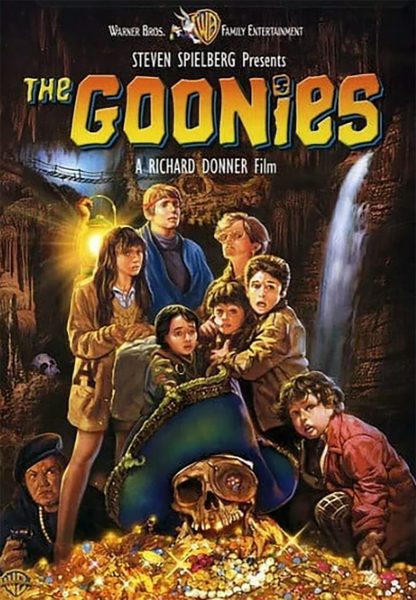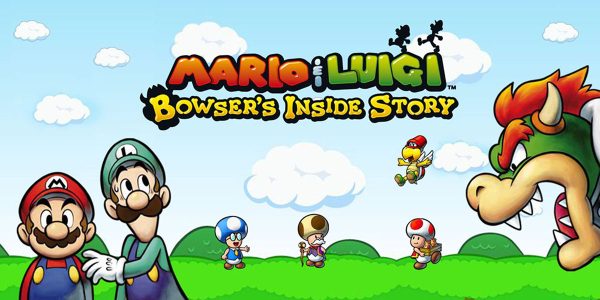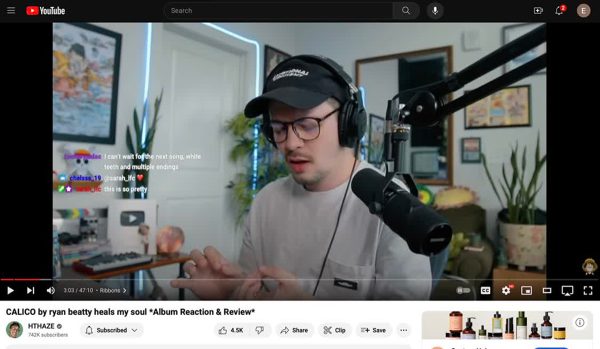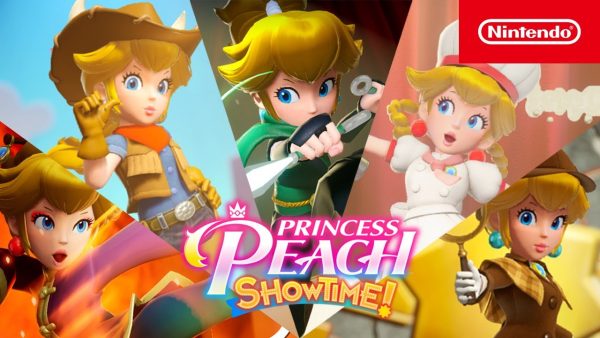Alex Jones, social media, and the question of free speech and censorship
After Twitter’s permanent suspension of Alex Jones and InfoWars, discussions of free speech on social media pop up everywhere
More stories from Julia Van Allen

Photo by Brandon Humphrey
Alex Jones, T.V. and radio show host and head of InfoWars was permanently banned from Twitter for violating the company’s abusive language policy. Is this censorship?
Censorship and free speech. They’re hot-button topics in recent political and media circles. The words themselves are enough to create a media frenzy, but what do they even mean? How do we draw the line between what is and isn’t censorship and what qualifies as protected free speech? How do we know when an issue is involving the First Amendment and when it isn’t?
I bring up this question with one recent occurrence in mind: Twitter permanently suspended Alex Jones and InfoWars from the platform, stirring up a horde of controversy from his followers and free speech pundits.
The discussion, being held on a national stage regarding free speech and censorship, has come to a head as the talk and radio show host is left in limbo in the social media universe.
According to the Oxford English Dictionary, censorship is defined as “the suppression or prohibition of any parts of books, films, news, etc. that are considered obscene, politically unacceptable, or a threat to security.”
Jones’ propensity to push the envelope across media platforms definitely rubs people the wrong way.
All of this boils down to one question: Was Twitter’s action to permanently suspend Alex Jones censorship? Under the definition of censorship, yes, but it does not violate the First Amendment.
The arguments U.S. citizens have against censorship are focused on the First Amendment and free speech. In the land of the free, citizens expect to enjoy the liberties afforded by the Constitution. The First Amendment gives American citizens the freedom of speech, but in its historical context, it was used to open avenues to critique systems of government.
This freedom wasn’t afforded to those who still lived under a Britain’s monarchy, who could be punished for speaking out against the government.
What people don’t usually remember is the fact that they digitally sign a contract when signing up for online platforms, such as social media websites. The terms of use agreement is a contract. Thereby, this is a case for contractual law rather than a discussion of First Amendment suppression.
Under these circumstances, free speech focuses on government entities being unable to punish people for speaking out against the government itself. This doesn’t apply to private corporations such as Twitter.
As a private company, Twitter can decide its terms of service and what can be published on the site.
Twitter’s post referring to the permanent suspension claims that Jones and his website InfoWars violated its abusive behavior policy, which was laid out in the terms of service agreement. It doesn’t matter if someone fully reads the Terms of Service agreement before joining a social media site. By hitting “accept” they’re agreeing to abide by those terms in exchange for that social media platform.
Twitter is a private corporation that put forth a contract which Jones agreed to upon the creation of his account. The First Amendment was never violated because Twitter is not a government entity — it can create the rules in its contracts however it chooses. Jones was permanently suspended from Twitter for violating their abusive language clause. He violated these terms of service and Twitter responded accordingly.
Was this censorship? Maybe.
Was Jones’ First Amendment right violated? No.
Should people be reading Terms of Service Agreements more closely? Absolutely.
Van Allen can be reached at [email protected].










